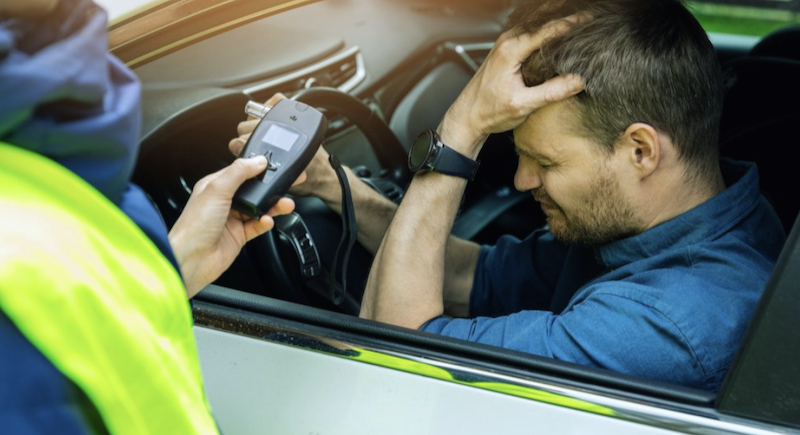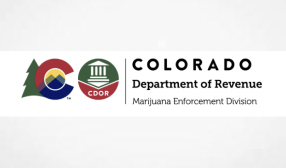Driving under the influence (DUI), also known as driving while intoxicated (DWI), is a serious offense that carries significant penalties. It involves operating a motor vehicle while impaired by alcohol or drugs, putting yourself and others on the road at risk.
While a first-time DUI often results in a misdemeanor charge, there are situations where a DUI can be elevated to a felony, leading to much harsher consequences.
This article explores these situations and highlights the importance of responsible driving.
Understanding DUI and Felonies
A DUI conviction typically involves a combination of fines, license suspension, and potentially jail time, usually less than a year. A felony, on the other hand, is a more severe crime punishable by imprisonment in state prison for at least one year, along with hefty fines and potential long-term consequences like difficulty obtaining employment or housing.
Qualified legal personnel can help you get an in-depth understanding of the common consequences of a misdemeanor.
When a DUI Becomes a Felony
There are several scenarios where a DUI can be charged as a felony, significantly escalating the legal repercussions. They are listed below:
DUI manslaughter: DUI manslaughter, perhaps the most heartbreaking consequence of drunk driving, elevates a DUI to a felony due to its direct link to a fatality. Unlike vehicular assault with serious injuries, DUI manslaughter tragically claims another person’s life.
The severity of the crime is reflected in the felony charges, acknowledging the immense loss and holding the intoxicated driver accountable for their actions. In some cases, depending on the state, additional charges, like vehicular homicide, might also be brought.
Fleeing the Scene: In some states, if a DUI involves a collision and the driver flees the scene, it might be charged as a felony, especially if injuries are involved. This act demonstrates a further disregard for responsibility and potential danger to others.
Prior DUI Convictions: Having a history of DUI offenses is a major factor in elevating a current DUI to a felony. Different states have varying laws regarding the number of prior offenses required.
For example, some states might consider a third DUI within a specific timeframe (e.g., ten years) a felony, while others might treat a second offense as a felony.
Causing Injury or Death: A DUI that results in injury or death to another person is often treated as a felony. This is because the intoxicated driver’s actions directly caused significant harm. In such cases, additional charges like vehicular homicide or assault may also be brought, depending on the severity of the incident.
High Blood Alcohol Content (BAC): While the legal BAC limit for intoxication is typically 0.08%, some states have stricter laws. Having a BAC significantly exceeding the legal limit, often 0.20% or higher, can be considered a felony DUI in those states. This demonstrates a much greater level of impairment and increased risk.
Child Endangerment: Driving under the influence of a minor in a car can be a felony offense in some states. The rationale behind this is that the driver is putting a vulnerable child at risk. The specific age range of the minor involved can vary by state, with some focusing on those under 18 and others having a stricter threshold, like under 14.
Driving on a Suspended License: Operating a vehicle with a suspended license due to a prior DUI offense can worsen the current DUI charge. This demonstrates a disregard for traffic laws and a potential threat to public safety.
Refusing a Breathalyzer Test: In some states, refusing a breathalyzer test after being pulled over on suspicion of DUI can lead to harsher penalties, potentially including a felony charge. This is because a refusal can be interpreted as an admission of guilt.
The Importance of Responsible Driving
DUI is a preventable crime. By choosing not to drink and drive, you can ensure your safety and the safety of others on the road. There are numerous options available for getting home safely if you’ve been consuming alcohol, such as designating a sober driver, calling a taxi, or using a ride-sharing service.
Facing DUI Charges: Seek Legal Counsel
If you are facing DUI charges, especially if there’s a possibility of a felony conviction, it’s critical to seek legal counsel immediately. An experienced DUI attorney can help you navigate the legal system, understand your rights, and fight for the best possible outcome in your case.
The Final Say!
A DUI offense can escalate to a felony, depending on the presence of aggravating factors. These factors often involve causing injuries or death, driving under the influence with a suspended license, or having a very high blood alcohol content.
Understanding these circumstances can help raise awareness about the seriousness of driving under the influence.

















